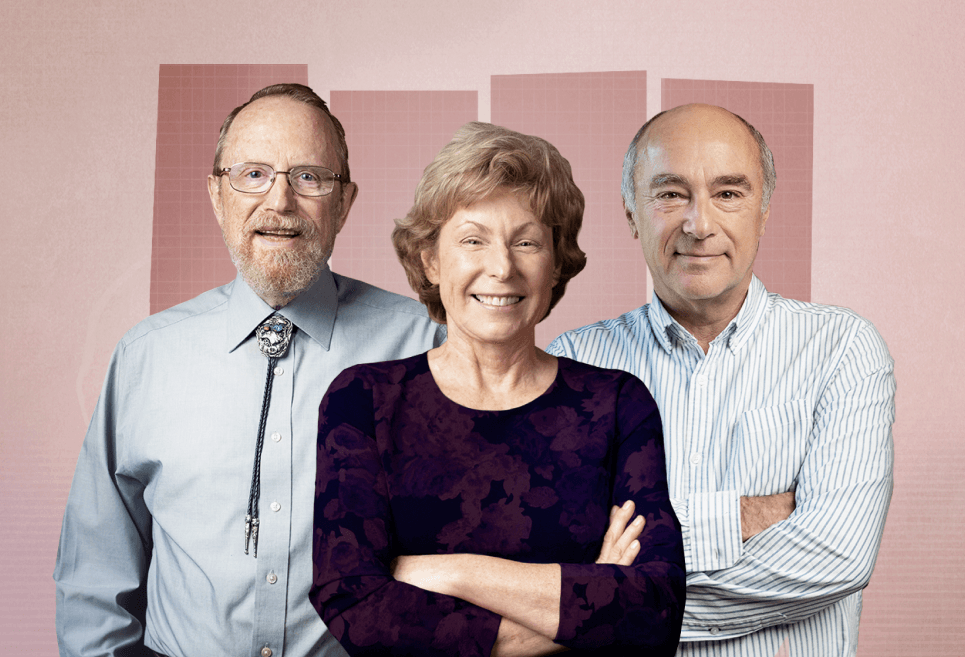
William Miller, Stephen Rollnick & Theresa Moyers teach
Motivational Interviewing

Learn online with the founders and leading trainers of Motivational Interviewing

Motivational Interviewing - Foundational
Mental Health Professionals & Coaches
Starts 24 Mar
6 weeks | 10 hours
Very Early Registration | Save $150
Offer ends on February 15Very Early Registration | Save $150
Offer ends on February 15Course with expert support

Motivational Interviewing in Health Care
Health Professionals
Immediate access
8 hours | Self-directed (12 months access)
Self-directed course

Motivational Interviewing for Addiction
Mental Health & Health Professionals
Immediate access
10hrs | Self-directed (12 months access)
Self-directed course
About Motivational Interviewing
Motivational Interviewing is a way of conducting conversations about change to strengthen clients’ motivation and commitment.
Frequently asked questions
Join our mailing list
To receive the latest news, free resources and offers on online courses.